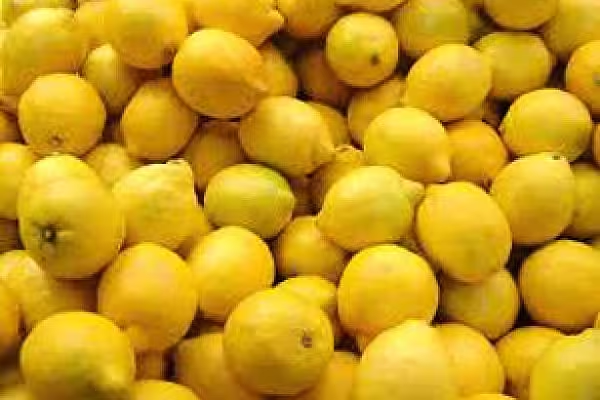Measures taken by South Africa, the world’s second-biggest exporter of citrus fruit, to manage black spot disease meet European Union requirements, a report shows.
The country’s National Plant Protection Organisation reviewed and strengthened export procedures and systems of official checks and showed that these are fully in line with revised EU requirements for fruit imports from South Africa, the EU Food and Veterinary Office said in a report on its website.
The report follows an audit carried out in February and March in South Africa by the EU’s Food and Veterinary Office. South Africa had to halt citrus exports to the EU last year after authorities intercepted 16 shipments with black-spot-affected fruits.
The economic grouping accounts for about 43 per cent of the nation’s citrus exports, generating about 4 billion rand ($307 million), according to the South African Citrus Growers Association. The audit "is a major boost for South African citrus, as it shows that the industry’s Citrus Black Spot risk management system has been rigorously and diligently applied," Justin Chadwick, chief executive officer of the Citrus Growers Association, said in an e-mailed statement.
While inspection activities are planned and the inspectors trained and provided with guidelines and equipment for checks, “it is not clear that the system for planning the checks takes account of the practical considerations or operational criteria” with respect to resources needed to ensure sampling methods are consistently applied, according to the report.
Black spot is a fungus that affects some South African produce, causing blemishes on the peel of the fruit. The growers’ group is disputing findings by the European Food Safety Authority that the disease can survive transport and storage and could spread.
In July, the association said it wanted to resume exports to Spain once the risk of trading bans eased. South Africa is the largest citrus shipper after Spain, according to the growers’ group. Turkey ranks third, Egypt fourth and China fifth.
The industry employs an estimated 100,000 people in South Africa and exports account for 80 per cent of its 9.4 billion rand annual revenue.
Bloomberg News, edited by ESM. To subscribe to ESM: The European Supermarket Magazine, click here.














